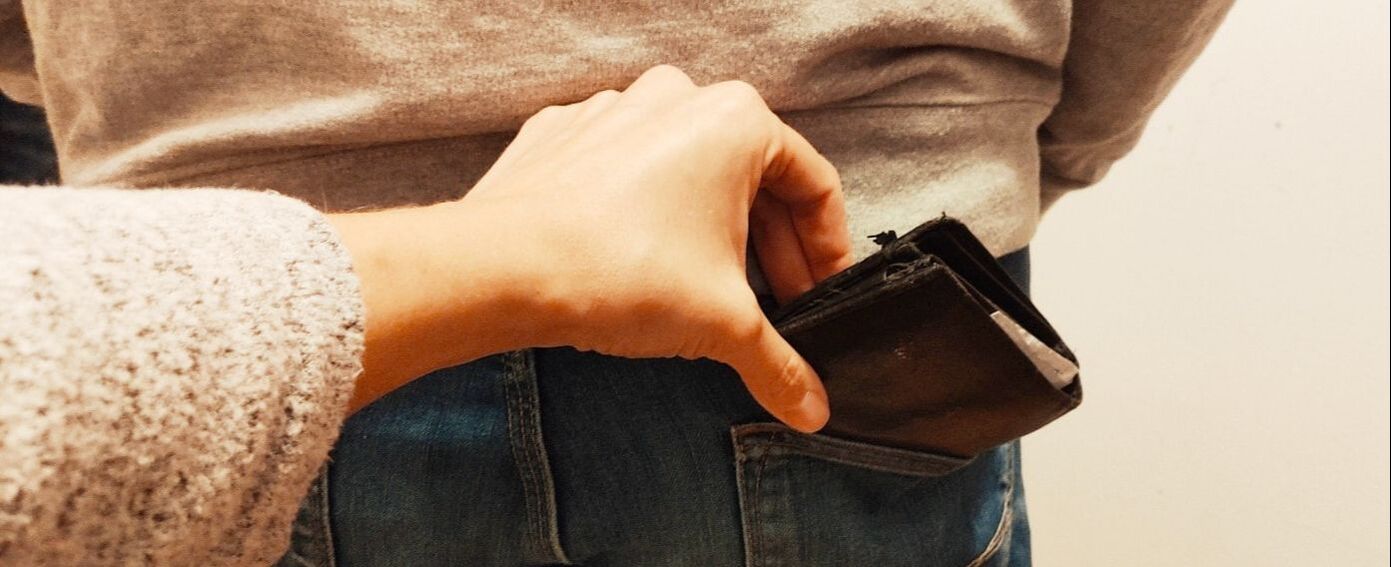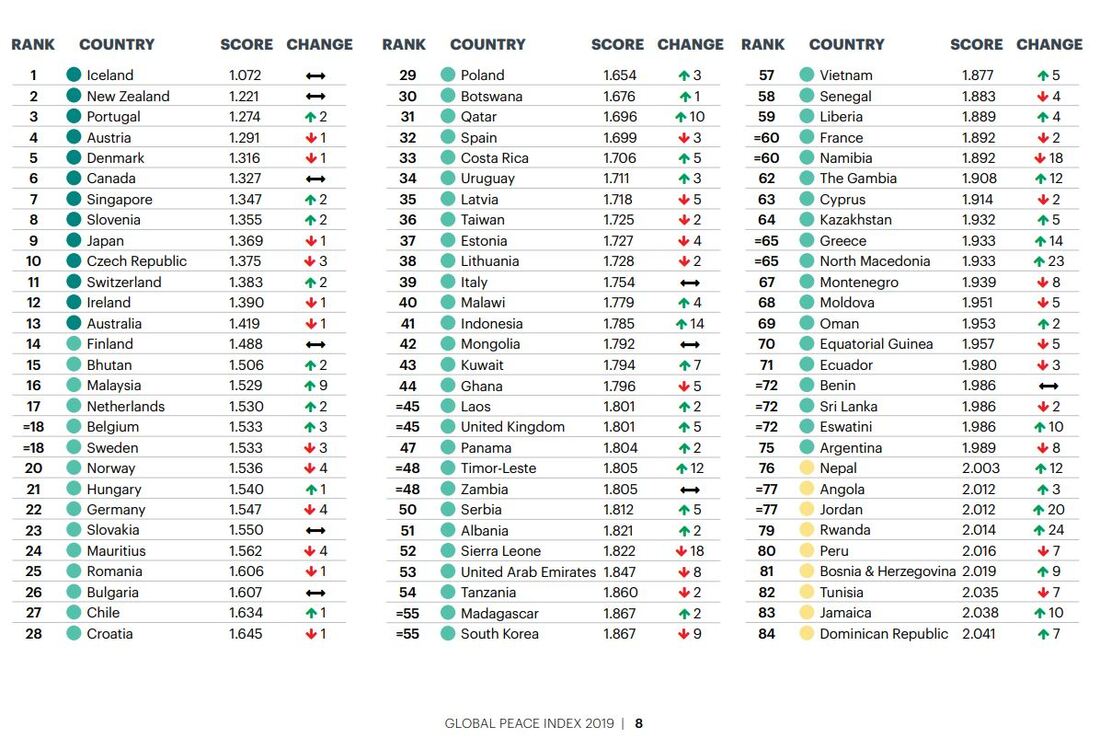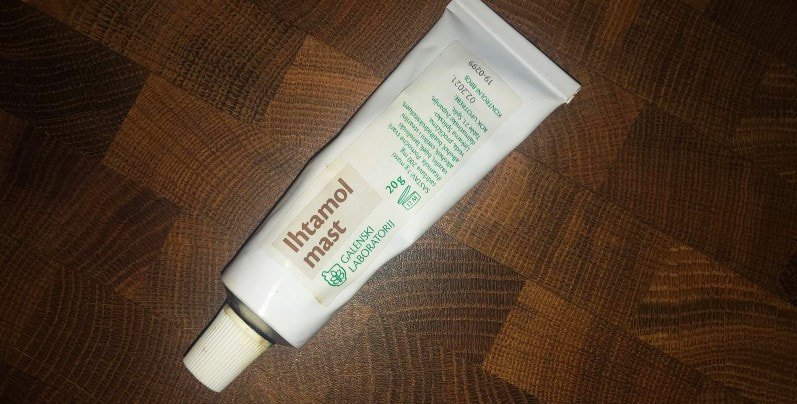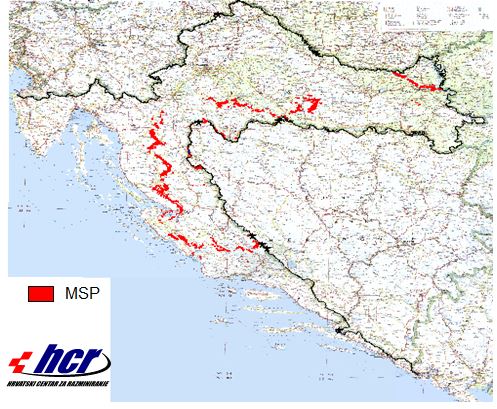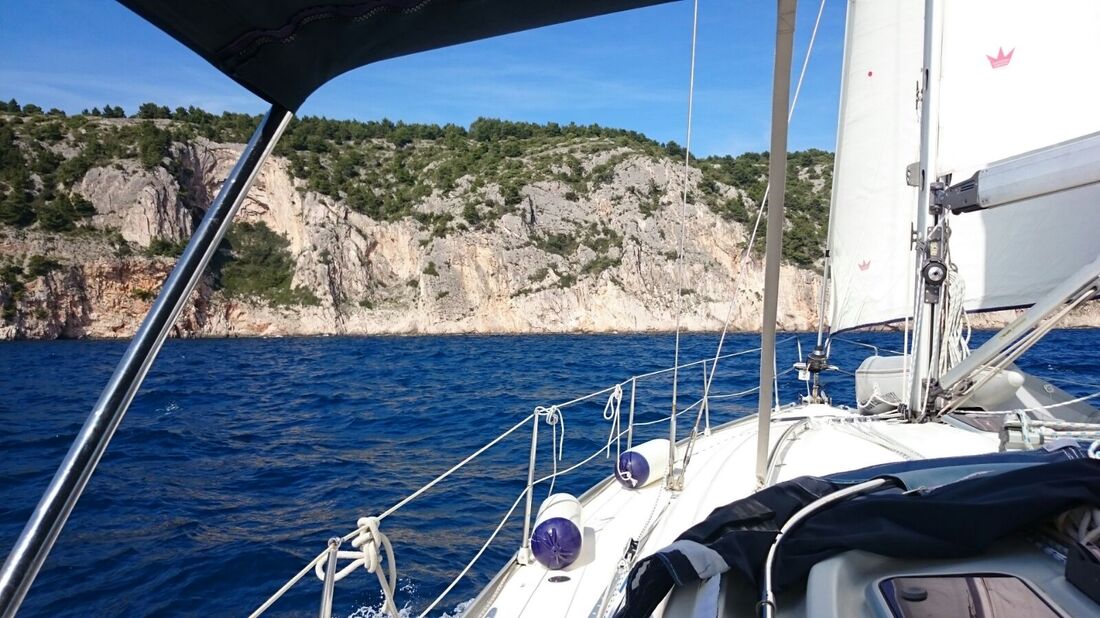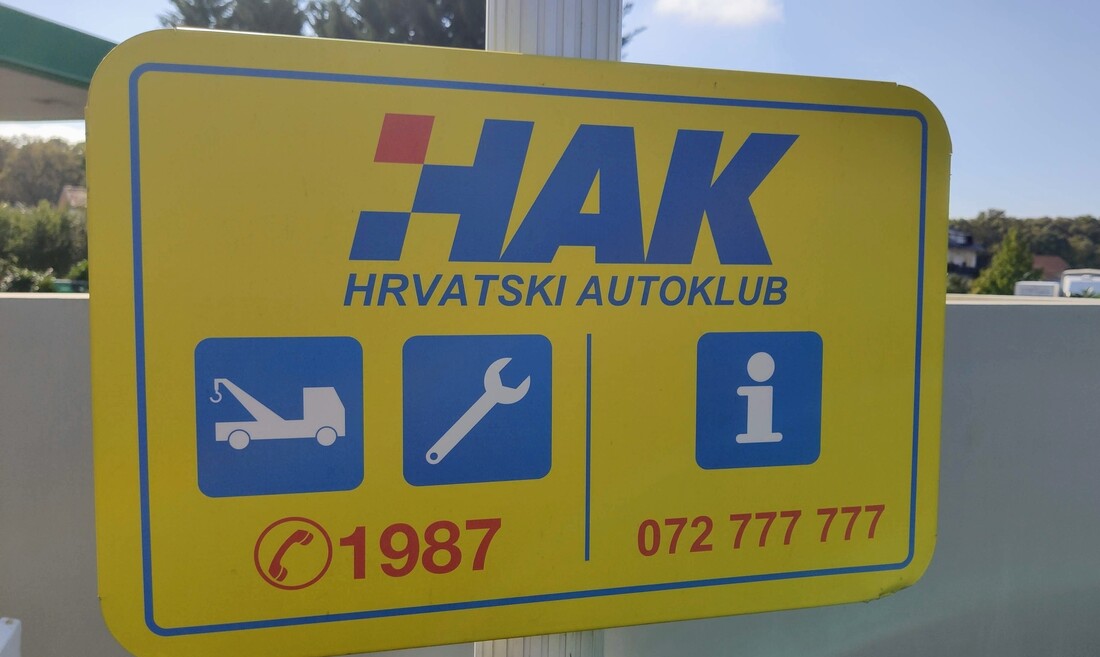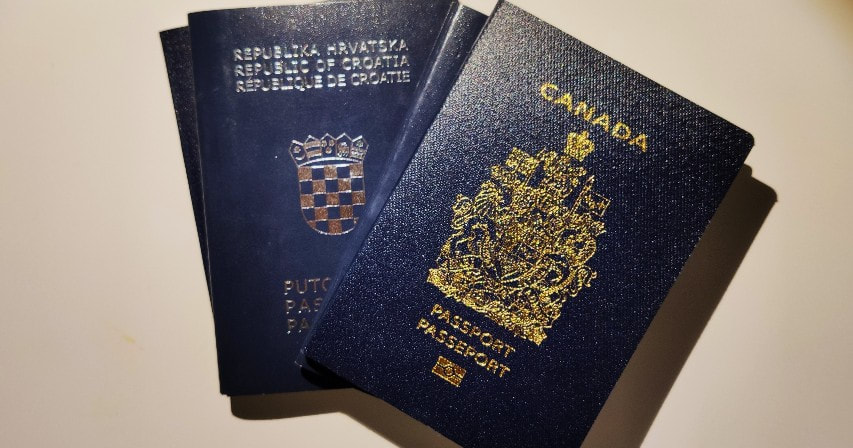Although Croatia is an extremely safe country, here is a list of a few things to be mindful of (both in preparation for your trip and while you’re out and about exploring the country). Generally, though, if you take the normal precautions you’d take while traveling anywhere else, you’ll be just fine!
Let’s just start out with a general statistic: according to Global Peace Index in 2019, Croatia is the 28th safest country in the world! Whether you’re male or female, traveling in a group or alone, you shouldn’t run into any major problems while visiting.
To compare with a few other countries:
Croatia = 28th safest country in the world
Italy = 39th safest country in the world
United Kingdom = 45th safest country in the world
U.S. = 128th safest country in the world
Like in any tourist destination, pick pocketing exists in Croatia, so be mindful of your bags, purses and valuables. This is especially true in the peak season, in crowded places, and on public transit, so invest in a good bag or “fanny pack” you can hide around your waist.
3. Pickpocketing at the beach
At the beach and want to go for a swim? What should you do with your phone / wallet / keys etc.? Well if you’re in a group, someone can always stay behind to watch over your belongings, but to be on the safe side, don’t leave your valuables unattended. There have been instances where swimmers have come back only to find everything missing.
4. Swimming alone?
If you’re alone at the beach, my suggestion is always to pack as light as possible, and put what you really need in a waterproof satchel that you can bring in the water with you. Another option is to ask someone sitting nearby to watch your things, and then return the favor when they go for a dip.
The Adriatic Sea is clean and safe. The only real danger here are possible sea urchins you could step on. If you’re at a popular beach, the chances are low that you’ll encounter one of these prickly creatures, but if you go to a more secluded beach that hasn’t been “cleaned,” be mindful, or wear water shoes.
Scams and overcharging
Unfortunately, a small number of taxi drivers do try to take advantage of tourists, so be mindful when you get in a cab. Ask for the price up front, take a well known taxi company that has a proper signage and a meter, or skip the cab altogether and take Uber or Bolt (which are pretty wide spread in Croatia these days).
7. Buying drinks from the bar
Another place you could be paying more for something is at the bar. Some bartenders have been caught overcharging tourists for drinks, so my advice to avoid this, is to always ask for a receipt! Another note about drinks: always use common sense, don’t leave your drinks unattended, etc.
8. A free gift
Another possible scam you could encounter is someone trying to give you some kind of gift on the street for free (a little trinket or something similar). Once you take it, they expect to be paid, and while you can give it back, it’s just easier to not go through the hassle, so just don’t accept these “gifts” from strangers in the first place.
9. Overnight buses and trains
If you’re traveling on public transit to or within Croatia and plan to ride through the night, keep your valuables in a bag you can hold next to you, not in the overhead storage.
10. Avoid parks after dark
Like in any big city, parks can become a common ground for some illicit activity after dark. Best to avoid these places once the sun sets and stay where the people and lights are. Walking in the city late at night, however, shouldn’t pose any problem.
| 11. Landmines Although the war here ended almost 25 years ago, there are still some remote spots that haven’t been completely cleared from landmines. All of the tourist spots are clear, of course, but if you go to remote areas and there is a sign marking a possible risk, don’t take that lightly. |
12. Hiking
If you’re planning on hiking alone through Croatia, you’re in for a real treat with the stunning views all around. To be safe, plan your route and seek some expert advice if you’re thinking about going off the marked trails (guides can advise about wildlife, weather changes, or any other dangers you could encounter). There have been many instances of hikers getting lost, as well, so be sure you have a planned route, and stick to it.
13. Ticks
Just as the tick population has grown in North America, so has it in Croatia. Take the normal precautions: where socks, shoes, long sleeves and pants in light colors while in the great outdoors. There are also repellents you can buy at the pharmacy for an extra precautionary measure.
Croatia is paradise for sailors, with so many islands to discover and a beautiful sea and landscape all around. The danger here is that some beginner sailors who have rented small yachts on their own, have been caught by very strong “bura” winds, and needed sea rescue. These extreme winds are hard to navigate for even the most skilled sailors, so make sure the forecast looks manageable before you leave the harbor.
15. Vaccinations
Do I need any additional vaccines before coming to Croatia? No, if you’re coming from North America and you’re up to date on your regular vaccinations back home, there aren’t any additional ones you need to get before you leave.
16. Tap water
Can I drink the water? Yes, you can drink the water pretty much everywhere in Croatia. If for some reason you can’t, there will be a sign saying so (you can always verify with a local if you’re hesitant).
- If you need immediate medical care, call 112 (Don’t forget this number!)
- For fire, call 193
- For police, call 192
- If you any roadside assistance, call +385 1 987 (HAK - Croatian Automobile Club)
If you attend a sports match against teams with a big rivalry, fans from both sides can get quite rowdy, drink too much, cause trouble and pick fights. This only tends to happen with soccer games, so if you choose to attend a match, keep to yourself and don’t linger around too long afterwards.
19. Political demonstrations
It’s safest to stay out of any political or other demonstrations, as like anywhere, there’s always a chance they could turn violent. These types of demonstrations are rare, though. Croatians are pretty peaceful people.
20. Natural disasters
Like other places around the world, Croatia is not immune to natural disasters. Although the risk is low, floods do occur now and then, there are earthquakes that take place periodically (as Croatia is on a fault line), and forest fires have also struck in the past.
No matter where you stay in Croatia (hotel, AirBnb, or other accommodation), you must present your ID or passport at check in. This is not some kind of scam to get your information, the owners actually need it to check you into the evisitor registrar and could face fines for not doing so with each and every guest.
One tip is that you can tell the accommodation to delete any photo or any photocopy made of your ID once they’ve entered all of the necessary information, and they must comply. Here is a link to show exactly what info they collect and enter into their systems, if you’re curious!
Conclusion
Yes, Croatia is a safe country to visit! A few things to be mindful of: leave extra cash, cards and passports at your accommodation, and only take what you need for the day; be vigilant of pickpockets while in crowded places and at the beach; although natural disasters do occur, they are rare. The real danger is getting lost in the mountains or at sea by setting out unprepared. To avoid any overcharging, ask for receipts and prices up front, and don’t accept any gifts from strangers. It’s safe to drink the water in Croatia, and you don’t need any special vaccinations before arriving. Croatia is a very safe place to visit, with a very low crime rate, and it’s great for everyone: families, women & solo travelers included.
| Sarah Cosic Royal Croatian Tours - Specializing in custom made, luxury trips throughout Croatia. We offer exclusive experiences all over the country, and we’re passionate about providing you exceptional service that goes above and beyond for your tailor made vacation! Send us an email or give us a call to start planning today! |
If you’re interested in reading a few of our other posts about Croatia:
- 25 Strange Things Croatians Do (And Would Never Do)!
- Croatian Culture, Etiquette & Social Norms: A Complete Guide!
- My Kids Don't Speak English: Raising Bilinguals is Tough!
- 15 Places in Croatia You've Probably Never Heard Of!
- 50 Insanely Spectacular Photos of Croatia: Start Packing!
- Croatia’s Best 20 Beaches: Sandy, Pebbly & Hidden Gems
- Is Croatia Safe? Read Our 20 Useful Safety Tips for Tourists
- 5 Reasons Croatian Grannies are Cuter than Kittens
- 8 Reasons You Should Never Swim in the Adriatic
- Top 10 Day Trips From Zagreb, Within 1hr Drive
- Croatian Money: KN or EURO, Exchanging $, and Daily Costs
- How I Learned to Speak Croatian as an Adult (in 7 Steps)
- Driving in Croatia (A Helpful Guide With Practical Tips)
- 38 Local Tips & Mistakes to Avoid When Traveling to Croatia
- Travel to Croatia With a Toddler or Baby (From Experience!)
- Tipping in Croatia: A Complete Guide With Suggested Amounts!
Some additional reading about travel safety awareness by PostCard Travel: Vacation Disasters - A Preparation and Safety Awareness Guide for Travellers

